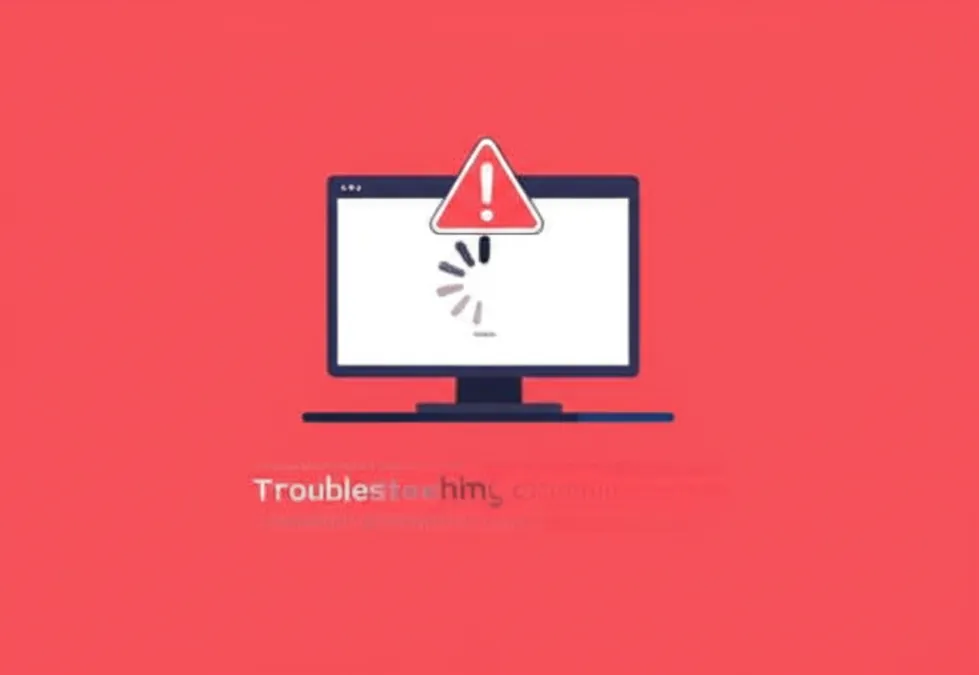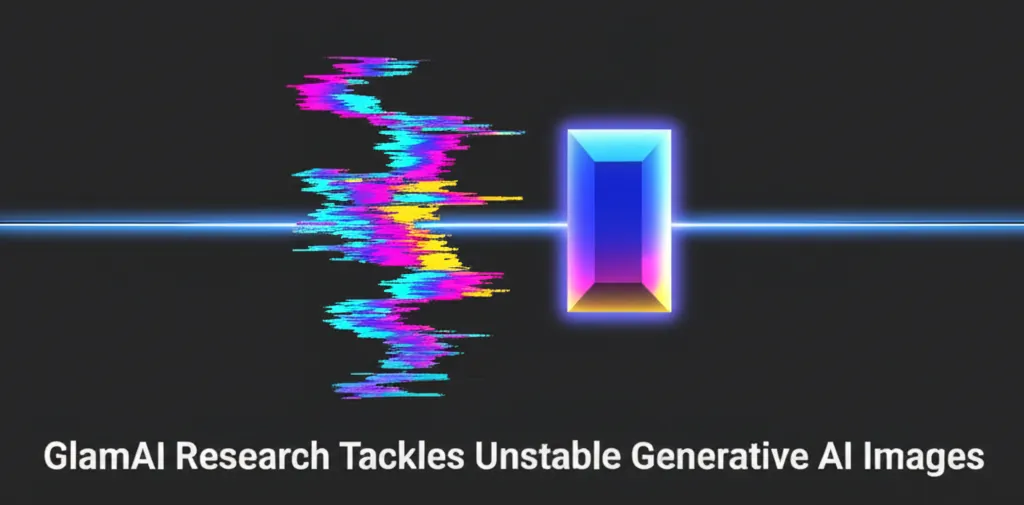Developer Offer
Try ImaginePro API with 50 Free Credits
Build and ship AI-powered visuals with Midjourney, Flux, and more — free credits refresh every month.
Why AI Is Pushing People Back To The Real World
The Unsettling Rise of AI in Daily Life
Finding love is a challenge, and for a time, dating apps seemed to offer a solution by putting a city's worth of singles at your fingertips. Now, AI has introduced a layer of paranoia to this already delicate experience. When a message feels slightly off, it's hard to tell if you're flirting with a bot or just someone using ChatGPT as a modern-day Cyrano de Bergerac. My friend Lonni, in her frustration, has even resorted to meeting women at the nail salon, a throwback to a pre-digital era.
This uncertainty seeps into our most personal conversations. During a difficult discussion with a friend or family member, a strangely worded text can raise suspicions. Is the person on the other end using AI to craft messages about sensitive topics? The only sure way to know is to pick up the phone or, better yet, meet for a coffee.
When Information Becomes Unreliable
Perhaps you're just trying to learn something new. Unfortunately, many of the internet's most trusted resources for everyday answers are being flooded with the questionable wisdom of AI. YouTube, once a go-to for practical tutorials from real people, is becoming less human. The newsletter Garbage Day reports that a significant portion of the top YouTube channels now feature AI-generated content, including, bizarrely, one of the fastest-growing channels showing AI-created babies in perilous situations. Reddit is similarly swamped with AI-generated posts. Even if you avoid using large language models (LLMs) like ChatGPT directly, the web is saturated with their output, including real people repeating their factual errors. It's enough to make you want to pick up a book.
An Internet Already in Decline
The internet's slide toward AI was both swift and intentional. Major platforms have integrated this technology, often without user consent, just as AI-generated media has become nearly indistinguishable from reality. This makes it harder than ever to trust what you see online. While LLMs might improve over time, for now, many people may turn to the real world as a more reliable alternative. We've been jokingly telling each other to "touch grass" for years, but the era of AI-slop might be what finally convinces us to log off.
Even before the AI boom, the internet had been growing less enjoyable. Users have complained for years about the declining quality of Google Search. Using an app to order a ride or a meal can be just as expensive and difficult as the old analog methods. Social media has devolved into a chaotic mess. Where the internet once promised a world of knowledge at our fingertips, it now requires us to act like detectives, sifting through digital slop to find the truth.
The Great Divide: Logging Off vs. Diving Deeper
As AI companies develop browsers and devices that trap users in conversations with personalized AI, some people may end up spending more time online than ever. Accuracy issues aside, many find AI entertaining, helpful, or even emotionally supportive. While extreme cases involve users falling in love with chatbots, a larger number are simply becoming addicted. This new era could push AI skeptics offline while another group doubles down on AI-mediated screen time, creating a split with broad cultural implications.
Even for those fleeing the slop, a complete digital detox is nearly impossible because the internet is woven into our lives. But as the online world worsens, the real world—with its trustworthy, flesh-and-blood people, slower pace, and moments of unpredictable joy—starts to look incredibly appealing.
A Personal Journey Back to the Real World
I began my own experiment with being less online in 2022 when I quit Twitter. After the initial withdrawal, my attention span began to recover. I started reading books again, and my social life shifted to group chats with real friends and in-person events like coffee dates, camping trips, and dinner parties.
Later, I stopped shopping online and quickly found I didn't need most of the things I had been buying. The items I did need were available at my local grocery and hardware stores. Online shopping may have once been convenient, but that's often no longer the case. For example, when I needed a space heater, I could have spent hours online deciphering fake reviews, only to potentially receive a faulty product and face a return process designed to be difficult. Instead, I walked to the hardware store. The employee showed me two options. I picked one, and it works perfectly.
Rediscovering the Joy of Physical Presence
I'm not completely offline; my job requires internet use. But I am online less, and I am happier for it. I spend more time outside, in my garden, and with books. I still follow the news, just less compulsively. Spending parts of my day where my attention isn't being monetized or my data harvested feels freeing.
I find myself dreaming of other ways to return to an offline existence. Here in Portland, Oregon, we still have movie theaters and even a video rental store. I could cancel my many streaming services and just rent movies. I could also address my guilt over how poorly streaming pays musicians and avoid being tricked by AI bands by returning to CDs and records, and by seeing more live music. I suspect I won't be alone in this shift back toward physical media and presence.
Will We Choose Reality Over the Digital Muck?
Tech companies seem to believe we are so addicted to the internet that we will tolerate any level of unpleasantness. But there is a limit. One recent study found that simply disconnecting your phone from the internet provides a mood boost similar to an antidepressant. If more people explore offline alternatives, it could create a positive feedback loop, revitalizing communities and making them a more tempting alternative to screens. What the internet will become is anyone's guess. Perhaps it will evolve into something transcendent. Or maybe, as the conspiracy theory suggests, it is already dead.
Compare Plans & Pricing
Find the plan that matches your workload and unlock full access to ImaginePro.
| Plan | Price | Highlights |
|---|---|---|
| Standard | $8 / month |
|
| Premium | $20 / month |
|
Need custom terms? Talk to us to tailor credits, rate limits, or deployment options.
View All Pricing Details

